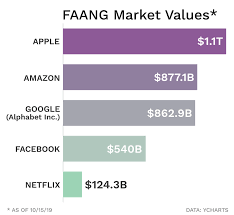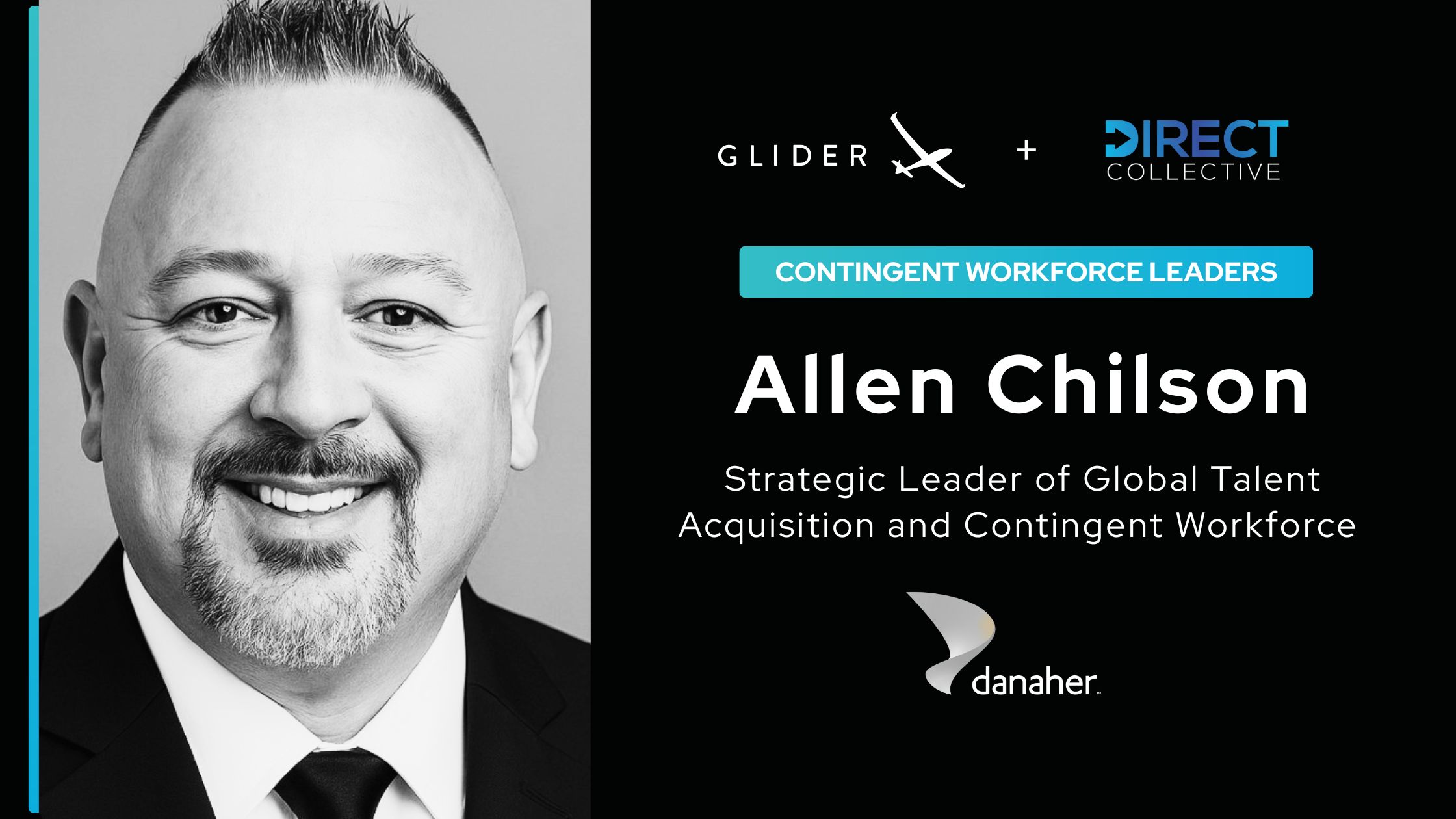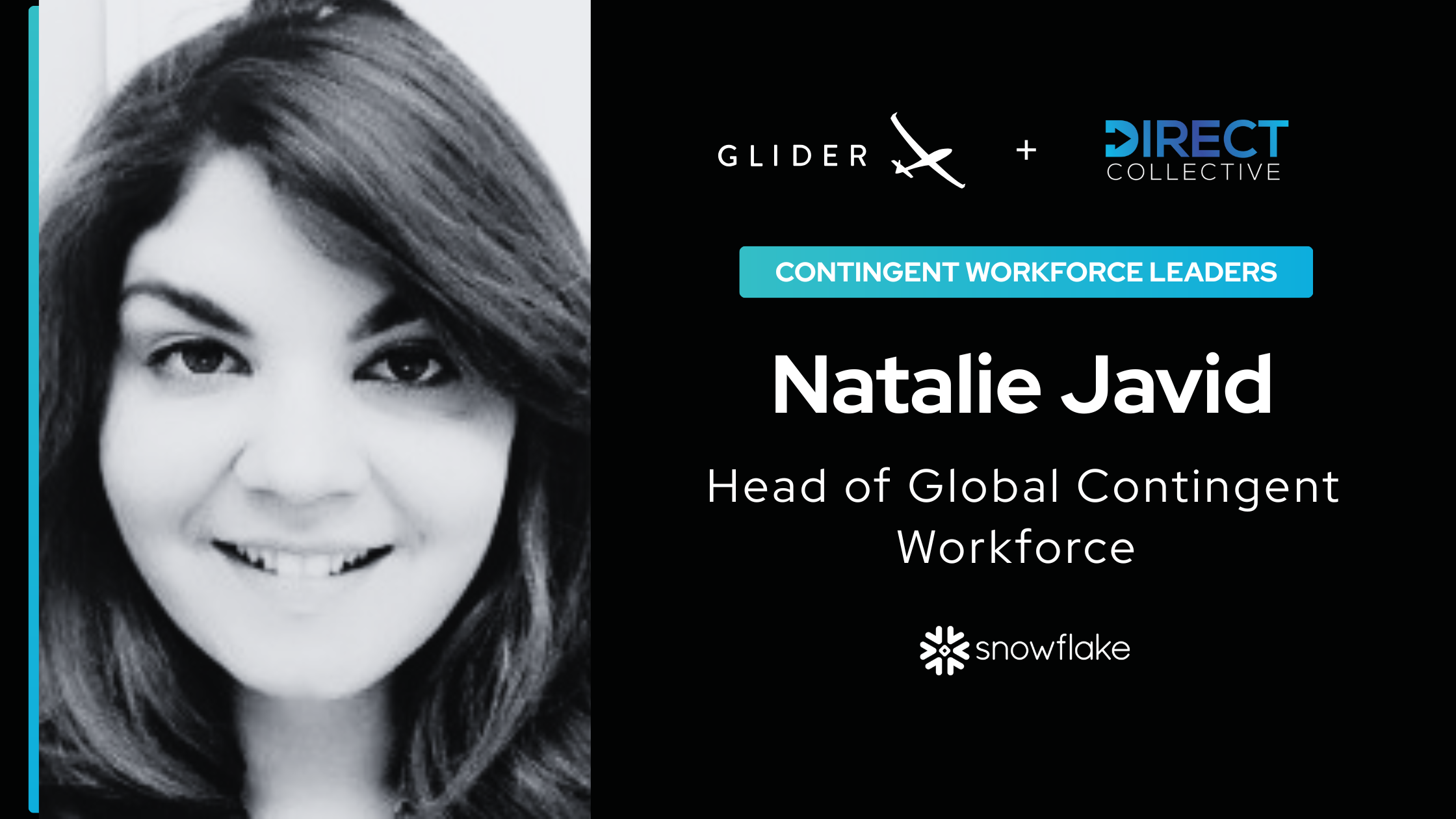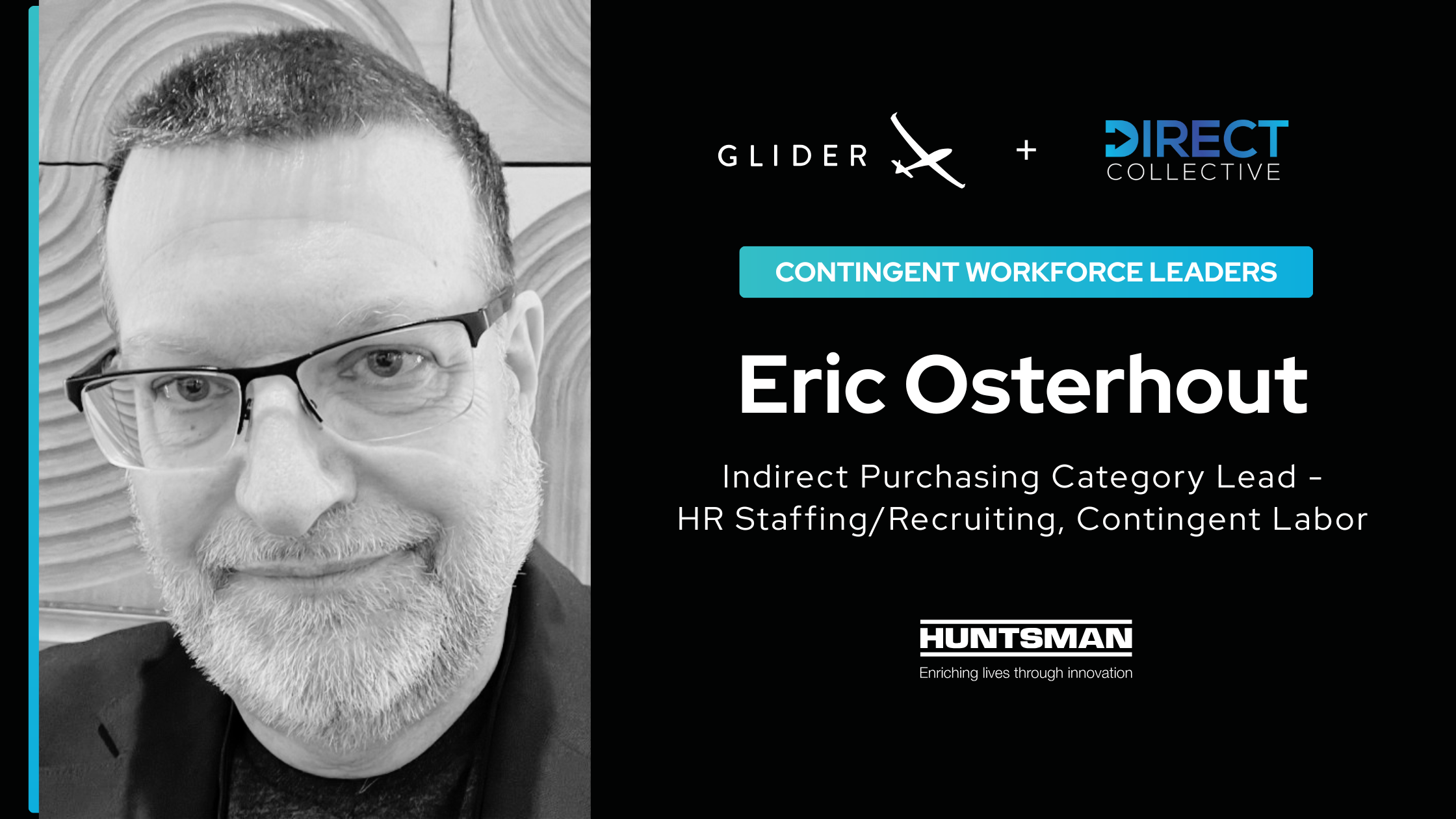
Make talent quality your leading analytic with skills-based hiring solution.

Although it is a universal fact and everybody is aware, let’s just start by saying that Facebook, Apple, Amazon, Netflix, and Google are the “tech giants”. As omnipresent and illustrious companies, called the FAANG Companies, they employ the cream of society through highly competitive recruitment methods.
Their alluring strategies not only help them in attracting top talent but also helps them in retaining the talent.
Take a look at the FAANG Companies’ market values.

These “Big Tech” companies hire around 923400 employees per year using their effective ways. So, the big question is,
“How do they do it?”
Let’s discuss each of these FAANG Companies hiring techniques exclusively.
Employee Referrals: All these companies set up employee referral programs. Now, this may sound cliche because all the startup companies do this too but these FAANG Companies do something in addition to those programs. They reward their employees if and when that employee provides them with referrals.
Well, they don’t just give them bonuses but better rewards. Google uses a “nudging approach” towards their pre-existing employees for getting referrals. In addition to that, Google also implements “sourcing jams” through its employees’ LinkedIn and Facebook contacts.
Employee Value Propositions: Big tech companies give value to their employees’ time and hard work, which in turn makes their employees work better. They just don’t provide great paychecks but also provide far better benefits that attract top talent.
Conduct Tech Events: This is where their brand value works. Tech events are hosted by various companies all over the world but not all events get famous or tend to attract the top talent as planned, why? Well, the fact is, top tech companies not just implement tech events, they host interactive and innovative events such as tech meetups, hackathons, boot camps, coding challenges, etc., where the participants can learn and upgrade their skills.
Provide a Great Interview Experience: Big brand companies not just attract top talent but also put them through a meticulous interview process, where the recruiters not just ask them typical and traditional interview questions but create an interview environment that is interactive for both the candidate and the interviewer.
Reach Out: Big tech companies do not wait for the talent to come to them, instead they reach out to the top talent and provide them with extraordinary offers that center the focus of the candidates toward them.
The largest social media platform has nearly 50000 employees and is one of the biggest tech hubs in the world. Glassdoor has declared Facebook as the most preferred work destination.
Well, why?
Because Facebook does not follow the traditional ways of hiring candidates. Mark Zuckerberg, the CEO, has a hiring strategy of his own. According to him, a recruiter should not hire someone whom they will not work for if the tables are turned.
Facebook targets those who are hungry for success, not those who have achieved everything. They don’t just select candidates from the top universities but select those who have the potential to be the best.
Lora Goler, the Head of People at Facebook has given out a list of things that they opt for in their future employees:
Facebook recruiters make their interview process arbitrary and capricious depending on the situation. The company does not put up stereotypical questions to the candidate. Rather they “meticulously interact” with the candidate to bring out the quality.
Steve Jobs’ tech hub recruits those who showcase skills as excellent service providers to the customers. The company hires its employees through the following processes:
Pre-recruitment Process: Apple recruitment creates long job descriptions that describe the roles and responsibilities clearly and completely along with details regarding salary and other perks. Following that, they post job ads showing the vacancies on their website and the various job portals. The company also sends those ads to over 300 universities all over the world.
Screening process: This process takes 3-4 weeks during which the recruiters carry out different assessment tests to bring out the desired candidates and weed out the low-performing ones.
Hiring Event Process: During this process, the candidates are invited to the Apple offices where the senior staff members interact with them. The employees interact with the candidates and let the candidates interact with one another as well. The members observe the behavior and mindset of the candidates during this process.
Interview Process: Apple takes its interview in 3 phases. During this process, the recruiters select the top performers only. They take various kinds of interviews, viz., Group interviews,1-on-1 interviews, descriptive interviews, etc. This is the longest and the toughest process during the whole recruitment.
Background Check: This is the last phase of the whole process. During this phase, the recruiters vet the candidate profiles and double-check on everyone before the final selection.
Amazon recruits its candidates in 3 ways:
On-Campus Recruitment: Like most other companies, Amazon recruits its talent from universities. The process has two phases, viz, the online assessment test, and the technical interview. The candidates who desire to apply for the recruitment process need to fulfill the eligibility criteria :
Off-Campus Recruitment: In this process, the recruitment team posts ads on the website or the job portals. The shortlisted candidates get telephonically screened and face a series of technical interviews depending on the role before getting finally selected.
Interactive Challenges: The recruitment team creates online events for candidates to participate in. The selected candidates after the challenge get to face the telephonic screening round followed by a series of events.
Unlike other FAANG Companies, Netflix does not do on-campus recruitments. The recruitment team posts ads on the website or the job portals. In the next step, they vet the candidates and screen the desired candidates over the telephone.
In the next round the HR head interviews the candidate over the phone or through a F2F interview.
Following that, the selected candidates are interviewed for the final time by the heads of the respective departments before being provided with employment letters.
Google recruits its employees through this simple process:
The process is simple like most other companies and doesn’t seem that complicated. Well, it is not but like all the other FAANG Companies, Google too does not just select candidates who have good grades or great job experiences.
Rather they opt for those who can offer them great service and who have the urge and tenacity to upgrade.
The pandemic has hit the job market horribly and tech companies have suffered for the past few months. However, this situation has had little impact on the recruitment process of these big tech companies.
They have partnered with third-party assessment and interview vendors like Glider.ai to carry on the hiring process smoothly.
These companies have taken their recruitment process online, and with the help of vendors like Glider.ai, have managed to attract and hire the desired candidates.

Why Total Talent Management Fails Without a Skills First Strategy When you consider all the disruptive forces reshaping work—from AI in recruiting to the impact of tariffs on the global economy—bold thinking isn’t optional. It’s essential. And, Allen Chilson is the Contingent Workforce trailblazer helping Danaher Corporation navigate that uncertainty. Serving as the Director of […]

AI-Powered Total Talent Management for Contingent Worker Success With over a decade of experience managing global contingent worker programs, Natalie Javid brings a wealth of knowledge from her work at tech giants like ServiceNow, Airbnb, and her current role as Head of Global Contingent Workforce at Snowflake. Speaking at ProcureCon 2025, Natalie shared insights on […]

Revolutionizing Future Trends with AI in Contingent Workforce Management The Human Touch in an AI-Driven Industry Eric Osterhout brings almost two decades of experience to the contingent workforce management space, currently serving as a Program Leader and Buyer for Contingent Labour at Huntsman Corp. With 17 years on the buyer side and 10 years previously […]